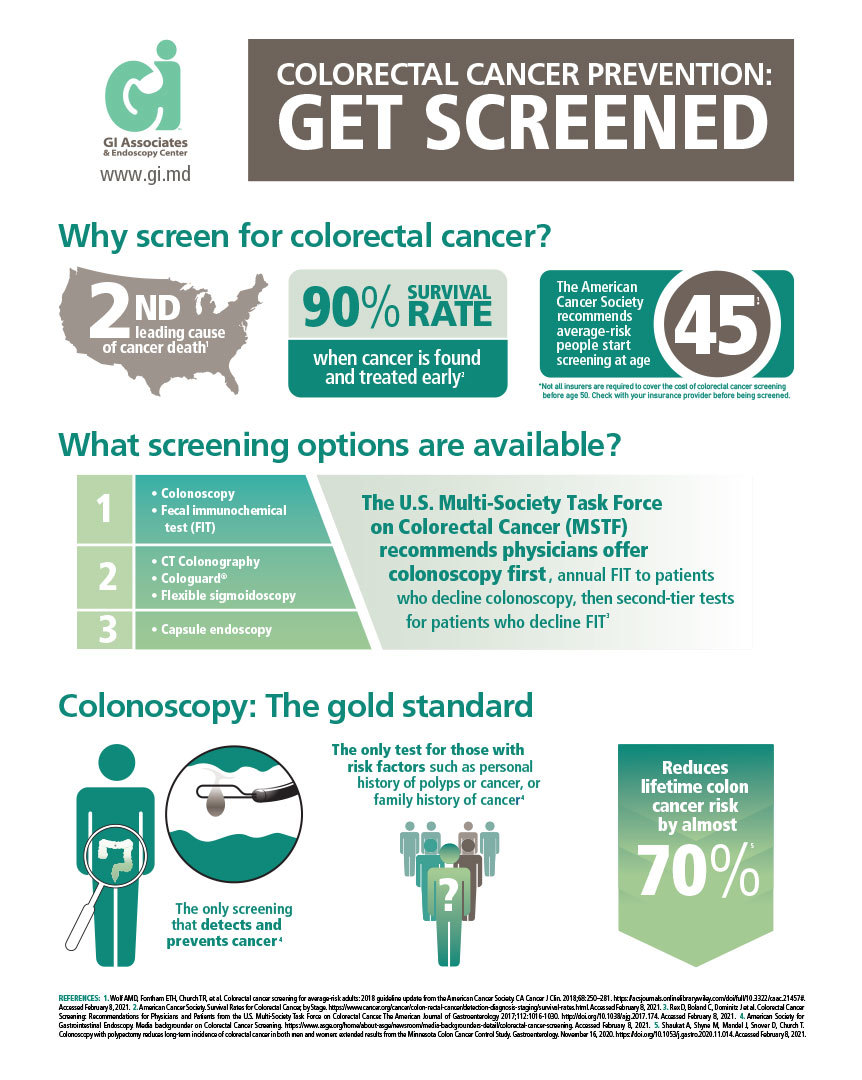
Colon cancer, also known as colorectal cancer or CRC, is a type of cancer that affects the Colon, which is the large intestine. Treatment for colon cancer typically includes surgery and radiation therapy. A colonoscopy can cure colon cancer if it's caught early enough. Colonoscopy screening is recommended for adults at least once every ten years.
Is There A Cure For Colon Cancer?
There is a cure for colon cancer. Colon cancer can be cured if it is caught early enough. Treatment typically includes surgery and radiation therapy. Colonoscopy screening is recommended for adults at least once every ten years.
If colon cancer is detected too late, there are still treatments available to prolong a person's life.
Treatment for Colorectal Cancer
There are many different treatments for Colorectal cancer. Treatment options depend on the stage of cancer, how healthy the person is, and other factors. Treatment may include:
- Surgery: The type of surgery depends on the tumor's location, the person's health, and other factors.
- Chemotherapy: Chemotherapy is a treatment for cancer that uses drugs to kill cancer cells. Chemotherapy is often used to treat colorectal cancer that has spread to other parts of the body.
- Radiation Therapy: Radiation therapy is a treatment for cancer that uses energy from radiation to kill cancer cells.
- Targeted Therapy: Targeted therapy is a type of cancer treatment that uses drugs to attack cancer cells. These drugs are called targeted therapies because they attack only the cancer cells, not the normal cells.
- Hormone Therapy: Hormone therapy is a type of cancer treatment that uses hormones to kill cancer cells.
Colonoscopies
A colonoscopy is a test that can be used to screen for CRC. A Colonoscopy allows a doctor to look inside the Colon and rectum using a long, thin tube with a camera on end. This test can help identify polyps (abnormal growths) becoming cancerous over time. Colonoscopies can also be used to diagnose Colon cancer.
What Causes Colon Cancer?
Many different things can cause Colon cancer. Some of the most common causes include:
- Age: Colorectal cancer is more common in people over 50.
- Diet: A diet high in red and processed meats can increase CRC risk.
- Exercise: Lack of exercise can increase the risk of Colon cancer.
- Weight: Being overweight or obese can increase the risk of colorectal cancer.
- Smoking: Smoking can increase the risk of CRC.
- Alcohol: Drinking alcohol can increase the risk of Colon cancer.
- Family History: Colorectal cancer can be a genetic disease
How to Prevent Colon Cancer
There are several things that people can do to reduce their risk of developing colorectal cancer.
- Get screened regularly: Colon cancer can be detected early through screening tests such as a colonoscopy. Screening can find polyps (abnormal growths) in the Colon, becoming cancerous over time.
- Maintain a healthy weight: Being overweight or obese increases the risk of CRC. Maintaining a healthy weight can help reduce the risk.
- Eat a healthy diet: Eating a diet high in fruits, vegetables, and whole grains may reduce the risk of colorectal cancer.
- Be physically active: Physically active people have a lower risk of developing Colon cancer. Exercise can help reduce the risk of other health conditions, such as obesity, that may increase the risk of CRC.
- Do not smoke: Cigarette smoking increases the risk of Colon cancer. Quitting smoking can reduce this risk.
- Limit alcohol intake: Drinking alcoholic beverages increases the risk of colorectal cancer. Limiting alcohol intake can help reduce the risk.
- Get regular screenings: CRC can be detected early through screening tests such as a colonoscopy. Screening can find polyps (abnormal growths) in the Colon, becoming cancerous over time.
- Have a family history of colorectal cancer evaluated by a doctor: People with a family history of Colon cancer are at greater risk for developing the disease. Evaluation by a doctor can help identify any increased risk and steps that can be taken to reduce the risk.
Conclusion
Colon cancer is the third most common form of cancer. Colon cancer risk factors include being over 50 years old or having family members with colon cancers. Colonoscopy can diagnose colon cancer and other illnesses, but it does not have a cure for them.
